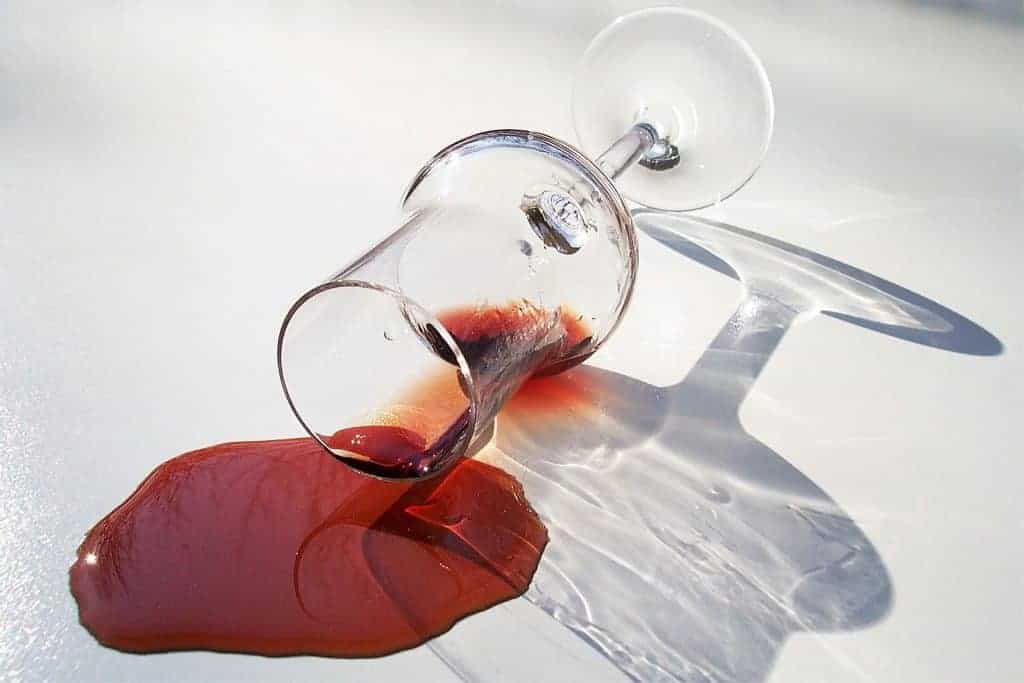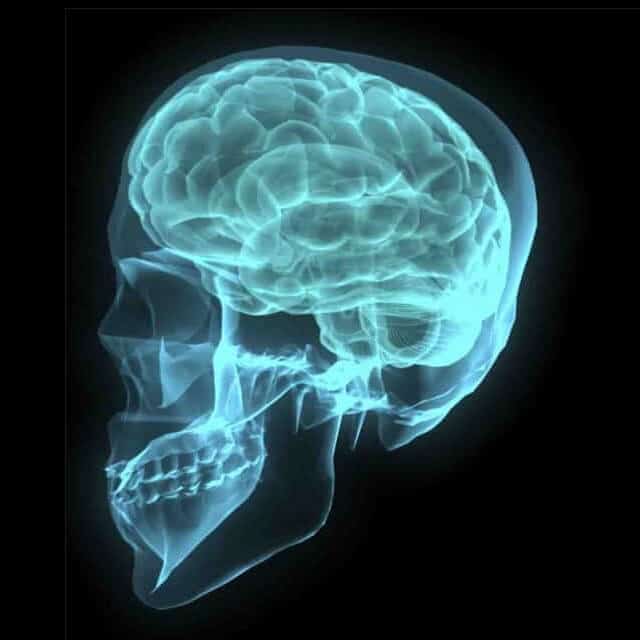What is Alcoholism?

Alcoholism is a chronic, often progressive disease in which a person craves alcohol and drinks despite repeated alcohol related problems (like losing a job or a relationship). Alcoholism involves a physical dependence on alcohol, but other factors include genetic, psychological, and cultural influences.
Becoming addicted to alcohol is a gradual process that happens as alcohol changes the level of chemicals in your brain, especially gamma-aminobutyric acid or GABA (which stops you from being impulsive) and dopamine (which is linked with pleasurable feelings). As the levels of these chemicals change, you crave alcohol to make yourself feel good again.
Alcoholism is characterised by craving alcohol and losing control over drinking, along with a physical dependence (meaning that the person experiences withdrawal symptoms when not drinking) and a tolerance for alcohol (meaning the person needs to drink greater amounts to feel “good”). Before entering recovery, most alcoholics will deny they have a problem. People who abuse alcohol but are not dependent on it may have similar symptoms, but they don’t feel the same craving to drink and usually don’t experience withdrawal symptoms.
Signs and Symptoms:
Symptoms of alcoholism include:
- Drinking by yourself or in secret
- Craving alcohol
- Not being able to control the amount you drink
- Blackouts (not remembering events or conversations)
- Becoming irritable when you can’t get a drink at your regular time
- Having legal problems or an inability to sustain a relationship or a job
- Withdrawal symptoms, such as nausea, sweating, shakiness, and anxiety, when you stop drinking
- Needing more alcohol to feel its effects
- Liver disease
Alcoholism Risk Factors:
If you have a family history of alcohol abuse, you are more likely to develop the condition than someone without a family history. Other factors that may increase your risk include:
- Having 2 or more adverse events during childhood
- Beginning to drink early, by age 16 or sooner
- Drinking more than 1 – 2 drinks per day
- Smoking cigarettes (particularly teenagers)
- Being under a lot of stress
- Having a pre-existing psychiatric disorder (such as depression or anxiety)
- Men have higher rates of alcoholism than women
- Broken homes
Alcoholism Diagnosis:
If you are experiencing symptoms associated with alcoholism, you should see your doctor. He or she can help make a diagnosis and guide you in determining which treatment or combination of therapies will work best. You should know that, because most alcoholics deny they have a problem, they are often unlikely to seek treatment by themselves. Friends and family members may have to convince them to seek help.
Your doctor will take a history and do a physical examination. Questions that he or she may ask include:
Have you ever thought that you needed to cut back on the amount of alcohol you drink?
Has a spouse, friend or co-worker ever annoyed you by asking you to drink less?
Do you ever feel guilty about the amount that you drink?
Do you ever drink in the morning or early in the day to soothe a hangover, get the day started, or get rid of the shakes?
Blood tests generally aren’t helpful because they only show recent alcohol consumption. But your doctor may order liver function tests to see if there has been damage to your liver from alcohol.
Help is available
The Haynes Clinic is an alcohol rehab and alcohol addiction treatment centre which not only successfully teaches people how to stop drinking but also offers drug rehabilitation treatment.



